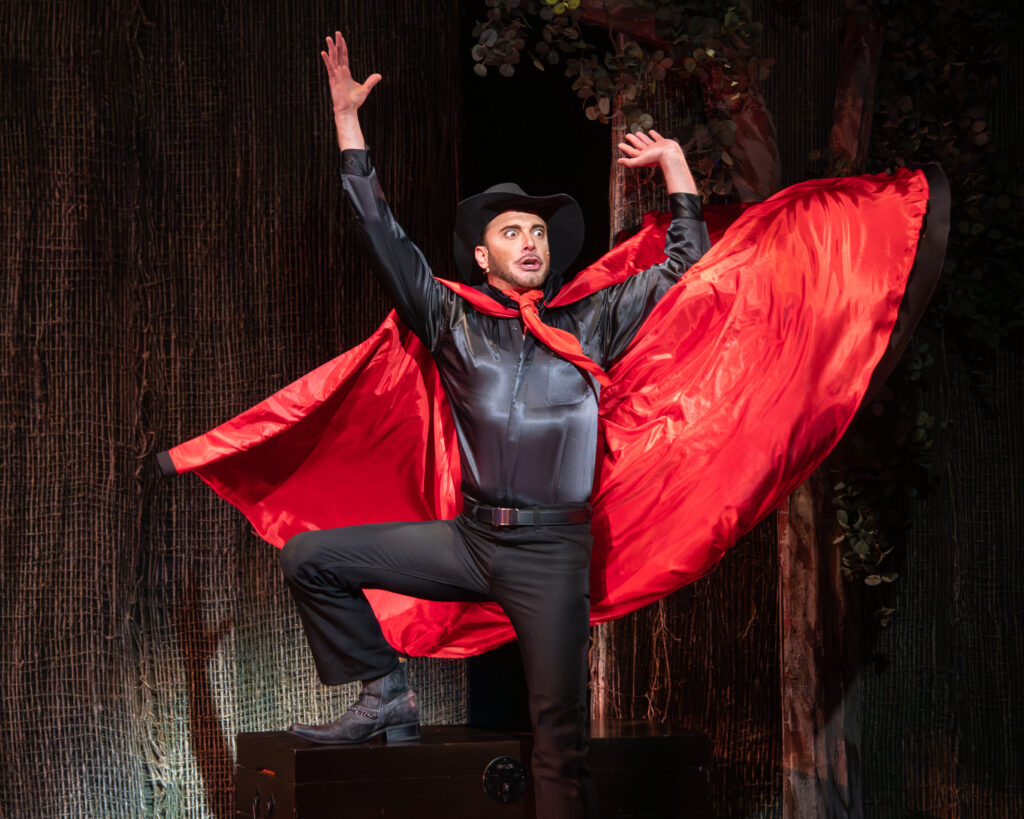
Jesse Luttrell as El Gallo in the Wick Theatre’s production of The Fantasticks (Photos by Amy Pasquantonio)
By Britin Haller
“So we would like to truly finish what was foolishly begun, for the story is not ended and the play is never done, until we’ve all been burned a bit, and burnished by the sun.” El Gallo
When The Fantasticks opened off-Broadway in 1960, no one would have guessed it would go on a run of 17,162 performances, earning it the title of the world’s longest running musical with an incredible record that is still standing.
Somehow, after opening to mixed reviews, this little show that could mesmerized audiences for the next forty-two years with a simple, but perfect, little show about…
What The Fantasticks is about is debatable, but the Wick Theatre in Boca, under the direction of South Florida favorite Bruce Linser, offers their own perspective in a clever version sure to captivate even the harshest cynic.
It might be easier to just give you the facts. Everybody has a partner in crime, so to speak. There’s a boy named Matt and a girl named Luisa who live next door to each other. She just turned sixteen, while he’s almost twenty, which would raise red flags in this day-and-age, but seems perfectly acceptable in the time and place The Fantasticks occupies, both of which are also up for interpretation as they are intentionally left vague.
The show’s creators, Tom Jones (not that Tom Jones) and Harvey Schmidt, deliberately made it abstract, but Director Linser has placed it in the 1950s which we know from Linser’s Director’s Note, but also because of the nifty 1950 Dodge pick-up truck on stage. More about this later.
Matt and Luisa both have single fathers who want their kids to be together (we never see any mothers, nor are they mentioned), so the parents pretend to feud, employing reverse psychology and forbidding Matt and Luisa to see each other, even building a wall between their houses to keep them apart. It works, and the kids fall in love, but then the bloom is off the rose when the fickle Luisa sees Matt in the sunlight and immediately loses her attraction.
Desperate to put their offspring back together, Ben Hucklebee (the Playbill has him as Huckleberry, oops) and Amos Bellomy do what any rational fathers would do: They hire a conman named El Gallo to abduct Luisa for the sole purpose of allowing Matt to rescue her and reunite the two once more, thereby also ending their pretend feud.
If it sounds nuts, it is. But it’s also adorably charming.
El Gallo is assisted by a motley crew of characters, including one who doesn’t speak, and two “actors” who leave a lot to be desired. Matthew Connor Paszkiet appears as the Mute, a character who has no lines, but who is seen consistently during both acts. While sometimes it seems as if he is just a purse accessory whose main presence is to handle props, we believe the Mute is there to keep El Gallo (who also narrates) in check, constantly reminding him of the power in silence.
Returning to the Wick after several years away is Kevin Reilley as Henry, a.k.a. the Old Actor, who is attended by his literal partner-in-crime Mortimer, a.k.a. The Man Who Dies, played by Darryl J. Willis. Willis’s pretend death scene is one of the highlights of the show. They are an unintended comedy team in the worst, and best, way and are so much more than Henry describes them (“I recite Shakespeare, and Mortimer dies),” but this review is short, and we don’t have time to go into all that symbolism here. Suffice it to say the undertones are tender and sad.
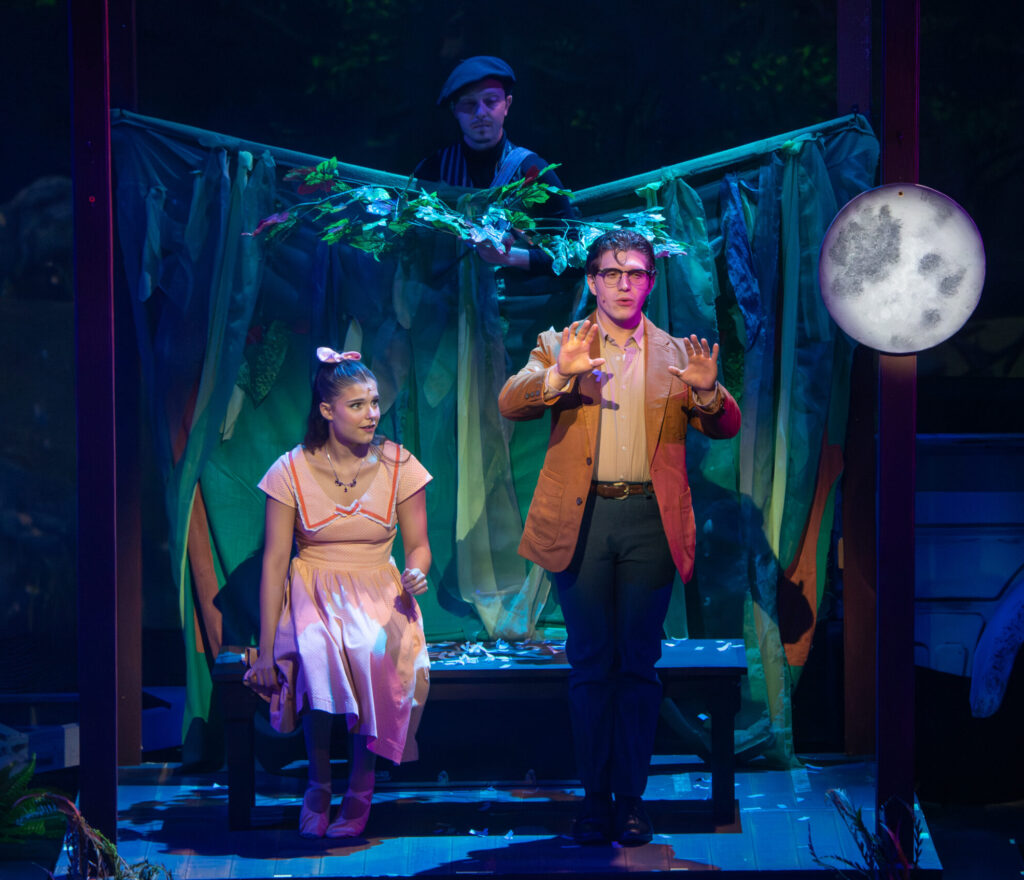
Brooke DeBeer and Gianni Saverio
As Matt and Luisa, Gianni Saverio and Brooke DeBeer are as sweet as cotton candy as the young stars-in-their-eyes couple who dream of what could be. As El Gallo tells us “Instead of reading textbooks, they tried to memorize the moon.”
Their duets “Soon It’s Gonna Rain,” “Metaphor,” and “They Were You,” are chef’s kiss so much so that our companion whispered “She has a lovely voice” to us during one of their numbers. And their dance is graceful and intimate with the mood reminding us at times of the Captain and Maria’s Ländlers “waltz” in The Sound of Music.
Troy J. Stanley and Alan Goodman are like bookends who are so ideally cast we can’t imagine one without the other. They star as the meddling fathers, a lively pair of gardeners with excellent comedic timing, but who also portray such a sense of vulnerable love for their children that it can be felt from the back row.
In their duets, “Never Say No” and “Plant a Radish,” they ham it up with basic moves (including jazz hands!) and the fact that neither Goodman nor Stanley appears to be a trained dancer adds to the fun.
We saved the best for last because what is The Fantasticks without El Gallo? Translated into English, El Gallo means The Rooster, fitting because he can summon the dawn simply by hanging a cardboard sun. He is more than the glue that holds it all together. He is more than the puppet master who decides when it is day and when it is night, or when it’s time to teach his particular life lesson to another unsuspecting victim. El Gallo is the heart and soul of a dreamlike magical production that uses a stick to represent a wall, and a trunk as a doorway for an old Shakespearean actor to come and go.
Director Bruce Linser has said that he thinks that El Gallo and the Narrator are “very different people,” an interpretation neither we, nor the playwrights, appear to share. If that’s the case, why is the actor Jesse Luttrell listed only as El Gallo in the Wick’s press release and in their Playbill, including on the list of musical numbers under what is typically known as the Narrator’s opening and closing song “Try to Remember?” Shouldn’t Luttrell be credited as the Narrator as well? Even the Wick’s website calls him the “mysterious narrator El Gallo.”
Regardless, anyone who saw Luttrell play El Gallo recently at a different local venue, and is expecting and maybe hoping to see him recreate that exact same persona, will be initially disappointed with this much more subdued version, but after giving this pause, we have come around to accept his new El Gallo. This one is still good in his own way, even though the mad twinkle in El Gallo’s eye is gone, and he seems sadder somehow. Whereas in Luttrell’s previous incarnation, we used phrases like “wascally wabbit” and “snake charmer” to describe his character, this El Gallo seems hardened and worldly, instead of mischievous and childlike.
Here he’s more detached, less of a swashbuckler and more of a weary conductor. El Gallo seems not so much to be enjoying the anguish of the young couple learning the lesson that illusions will eventually dissolve, more so it’s a tough job, but someone has to do it. When he utters his famous line “Without a hurt, the heart is hollow,” we see Luttrell wince, like he’s been here before. Like this go-around only served to add another chink to El Gallo’s armor while further supporting his belief that life is brutal, kids, so buckle up because it’s going to be a bumpy ride.
Luttrell’s elegant performance of El Gallo walks a fine line of not knowing whether he is friend or foe to the young couple. He casts a spell over us, never more so than when his velvety tones serenade us with one of the greatest 11 o’clock numbers of all time, the powerful “Try to Remember,” a haunting song that could conjure up feelings of nostalgia in the toughest critic.
In an outfit that Antonio Banderas would easily be caught dead in, El Gallo takes the stage in a black cape with a red lining and a wingspan to die for. Other costumes are old-fashioned and ethereal-looking in muted colors, with Matt and Luisa looking like the boy and girl in a fairy tale should. The fathers are equally pinch their cheeks adorable in their matching trousers, vests, and hats. And Henry’s mismatched socks did not go unnoticed. Actor’s choice, or a clever move by Costume Designer Kimberly Wick?
There are two behind-the-scenes advisors who deserve special mention. As anyone who has ever tried to teach an uncoordinated person to dance will tell you, creating moves around an actor’s abilities is easier said than done, so kudos to Choreographer Ralph Meitzler for the dad’s two numbers. And while we aren’t sure if Fight Choreographer Ted deChatelet designed El Gallo and Mortimer’s hilarious flopping “deaths,” he is definitely responsible for the spectacular sword-fights.
Lighting and sound design by Clifford M. Spulock and Justin Thompson, respectfully, are on point including the use of spotlights and forehead mics. We must take this opportunity to thank Marilyn and Kimberly Wick for investing in new sound equipment. We know we were tough on them last year after there were sound issues in several productions, so we would be remiss now to not give them credit where it’s due. Even from the balcony, the actors’ voices were clear, and the instrumentals were sharp – in a good way.
The set and props by Kimberly Wick are minimalist for good reason because that’s the way the playwright intended them to be. Projections by Josieu Jean and Kacey Koploff change when the seasons do and lends to the idea that the action is taking place in a peaceful scenic glen.
Now let’s talk about that 1950 Dodge pick-up. On the one hand, we admire Kimberly Wick for committing to Linser’s version that The Fantasticks takes place in the 1950s. And it is a really cool old vintage truck. On the other hand, supposedly hundreds of man-hours went into finding this vehicle, including driving from Fort Pierce all the way to South Miami, for a production value that isn’t putting butts in seats.
But still and all, with both Musical Director Bobby Peaco (on the piano), and classically-trained harpist Kay Kemper, positioned upstage on an open-bed trailer attached to the back of the Dodge, we will admit that the illusion of watching a troupe of wandering performers is an enticing one.
So in the end, we must ask ourselves, why The Fantasticks? Of all the musicals, in all the towns in all the world, why is this the one with such staying power, because while it’s a cute, and funny, and touching fable that features that iconic 11 o’clock song, we certainly can’t say it’s the best musical ever made. It’s remarkable how this tiny production, with no real set, and no established time or place, remains stubbornly alive.
Perhaps it’s because of its simplicity, or the fact that the meaning of The Fantasticks is different for all of us, or that it stirs up the most basic of human needs, a feeling of belonging. It teaches us to dream not with our eyes closed, but wide open, and that stillness is as important as the air we breathe. It teaches us resiliency. We’ve been there. We’ve had our hearts broken, some of us time and time again. But still we show up, still we endure. We never forget, but we endure.
At the Wick Theatre, Linser’s mesmerizing production, and Luttrell’s insightful and fresh performance of El Gallo, proves that the world’s longest-running musical still has plenty left to give.
PS: We found several inconsistencies in the Playbill, and the press release, as to the spelling of principals’ names requiring our own research to be done. Please do better. Details matter.
The Fantasticks plays through November 2 at The Wick Theatre & Museum Club 7901 N. Federal Highway, Boca Raton FL; 7:30 p.m. Thurs-Sat; Matiness 2 p.m. Wed, Thurs, Sat & Sun. Running time approx. 120 minutes includes an intermission. Tickets starting at $89. Call 561-995-2333, or visit thewick.org.
Britin Haller is a journalist, editor-for-hire, and an author who serves on the board of directors for the Mystery Writers of America Florida Chapter. As a celebrity wrangler, Brit regularly rubbed elbows with movie stars, sports stars, and rock stars, and as a media escort, she toured with New York Times bestselling autho
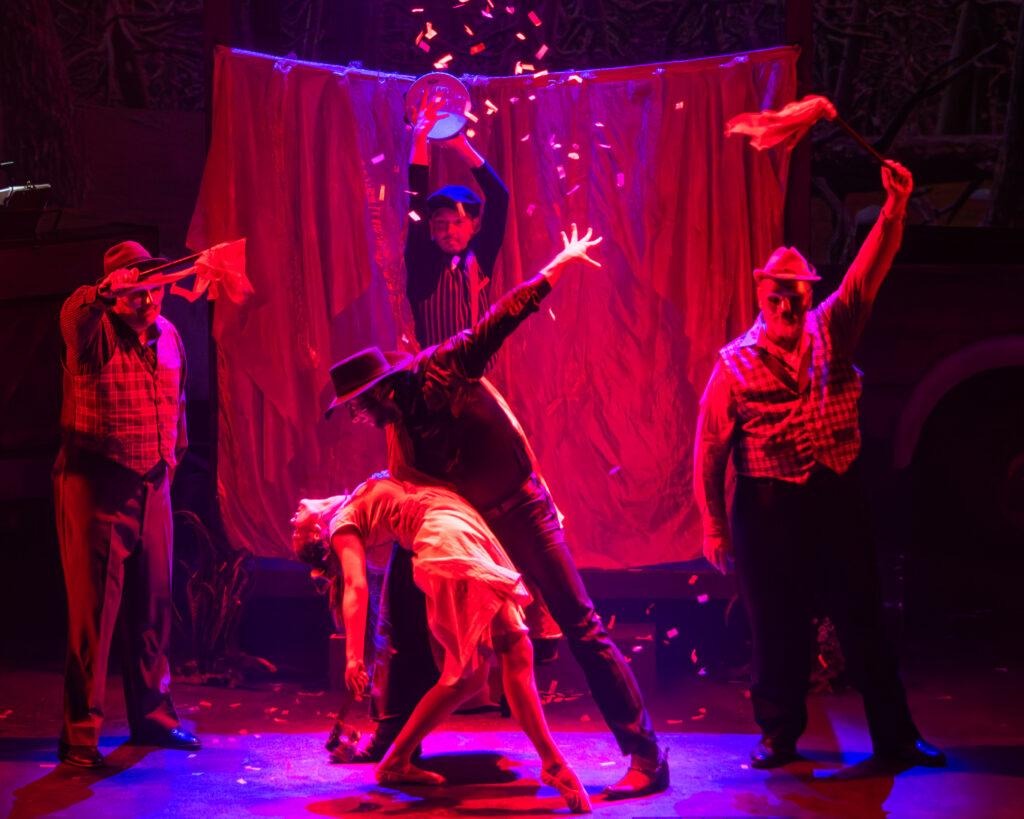



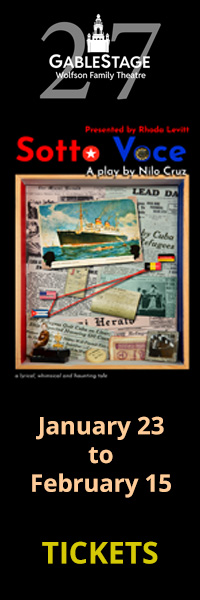

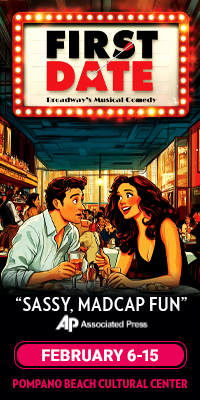





 A PaperStreet Web Design
A PaperStreet Web Design
